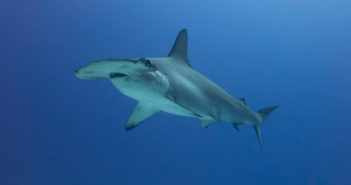
U.S. House Reintroduces Shark Fin Sales Elimination Act to Protect Sharks from Cruel Finning
The bill would help to curb an inhumane global trade that claims the lives of 73 million sharks each year.

The bill would help to curb an inhumane global trade that claims the lives of 73 million sharks each year.
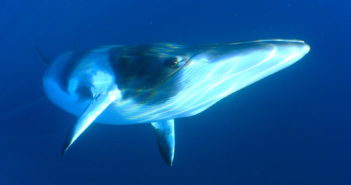
In defiance of a global moratorium on commercial whaling, Norway has again issued an annual kill quota of 1,278 minke whales for the 2021 whaling season.

This legislation would require that data collected by the federal government from state child protection agencies include information about animal abuse as a risk factor for child abuse.

The new regulation is primarily designed to benefit the oil and gas industry and electric utilities by shielding companies from liability for the millions of birds their operations kill each year.

The Trump administration has announced a proposed new rule that would harm threatened and endangered species by making it harder to protect the habitat that is critical for their survival.

An analysis by the Animal Welfare Institute has found that the majority of states have gotten off to a slow start reporting animal cruelty incidents to the FBI’s national crime database.

The import ban places enormous pressure on the Mexican government to stop the use of deadly gillnets that are entangling, drowning, and killing the vaquita porpoise, whose population has likely dwindled to just 10 remaining animals.
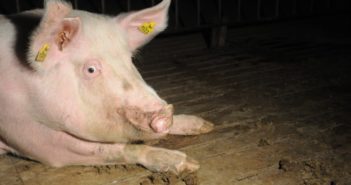
The U.S. federal government continues to treat pigs as industrial commodities to be produced as cheaply as possible, without regard for animal welfare or consumer safety.
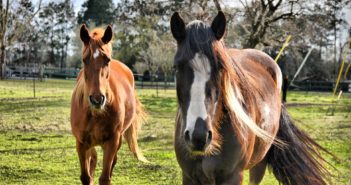
The Safeguard American Food Exports (SAFE) Act would permanently ban horse slaughter in the U.S. and end the export of horses for slaughter abroad.
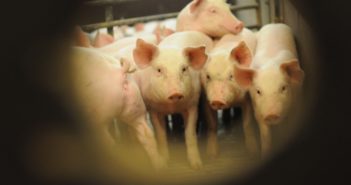
The USDA continues to allow producers to deceive consumers by making claims such as “humanely raised” on meat and poultry packaging without sufficient supporting evidence or oversight.

The final spending package is an incredible example of the progress on animal welfare issues that can result from bipartisan cooperation.

Last year M-44s killed 6,579 animals, mostly coyotes and foxes. The devices are dangerous to wildlife, pets, and humans and should be banned.